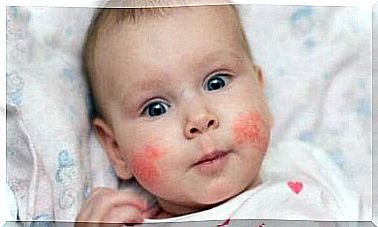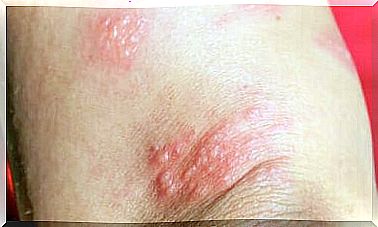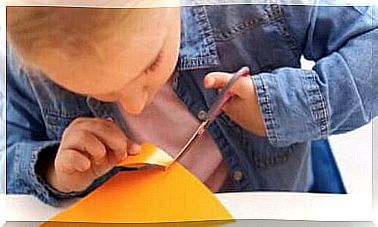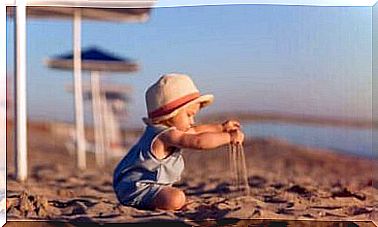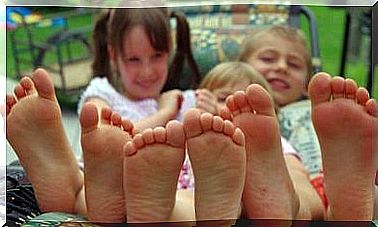The Effect Of Domestic Violence On Children
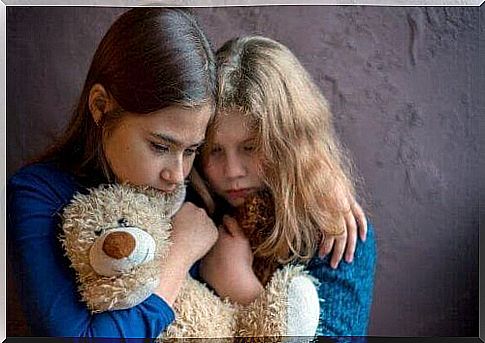
In this article we will tell you about the effect of domestic violence on children, a very real and serious problem.
When there is violence or abuse at home with parents, children or even pets, the emotional health of children can be greatly affected.
What is the effect of domestic violence on children?
Domestic violence is an act that endangers the physical, emotional and psychological health of children through beating or threats.
Children who witness abuse between their parents are also victims, as they live in a household ruled by violence. And it is not only physical aggression, but also emotional and psychological, which can be even more dangerous and harmful.
This problem affects more households than many people can imagine. In most cases, it is the father hitting the mother and sometimes the children ‘interfering’ in defending her.
However, this type of violence does not discriminate between gender, age or social circumstances.
The impact of domestic violence on children is enormous and very difficult to reverse. The first reason is that it affects the evolutionary development of children in the short, medium and long term.
It can even cause a delay in their learning process. These delays are the reason why there have been instances of children wetting their beds, not talking or not being able to concentrate in school.
How to identify the consequences of violence in children
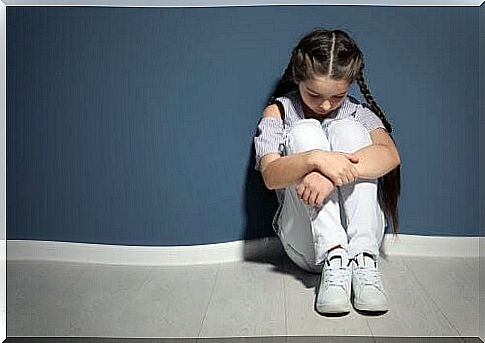
Teachers, relatives or friends can recognize when something is wrong in their home because of the attitude and behavior of the children.
In addition to the symptoms indicated above, there are others:
- Insomnia
- Pee in the pants
- Lack of appetite
- Fear
- stress
- Depression
- nightmares
- Aggressiveness of course
It is very likely that children imitate what they see on a daily basis and when a problem arises with a school friend or neighbor they will want to ‘solve’ it by hitting or yelling.
Why? This is because they think that is the right thing to do, according to the example they have been given daily.
Children who live in households where violence is a daily occurrence are more vulnerable to trauma and emotional or psychological distress than those who live in peaceful homes.
Children are the ‘invisible victims’ of violence
Small children incorporate everything they see, hear and feel into their lives. There is no need for parents to hit or yell at them making them victims of what is happening. Even if the violence is between adults and out of the sight of children, they suffer the consequences.
If not treated in time, these children bottle up their intense feelings of fear, which can happen for years and many times. The impact of domestic violence on children can vary according to their age.
1. Up to 3 years old
They have developmental disabilities, don’t eat enough, scream or get irritated easily. In addition, they experience fear, sadness, crying and isolation.
2. Between 3 and 7 years old
They feel guilty about the situation that makes them behave differently than usual.
There may be a decline in their habits:
- For example, they suck on their fingers.
- Peeing in their pants or in bed.
- Lose the ability to speak well.
They can also become aggressive, rebellious, destructive, hostile and stubborn.
3. Between 7 and 13 years old
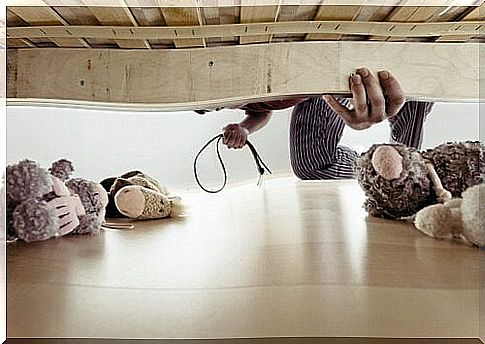
During this stage , low self-esteem becomes apparent, as do feelings of “hatred” toward the abusive adult.
Also, the child may be annoyed and hit or yell at younger siblings, schoolmates, cousins, or neighborhood kids. Children feel ashamed of what they experience at home and when asked about it, they deny everything.
4. Between 13 and 18 years old
During puberty, the main repercussions relate to their emotions and the formation of their personality. They may develop criminal behavior such as stealing or fighting in the street, and may also engage in excessive drug use or alcohol consumption.
As you can see, the impact of domestic violence on children goes beyond what they see or hear at home. This unfortunate situation can affect the way they solve problems and how they relate to those around them for the rest of their lives.


